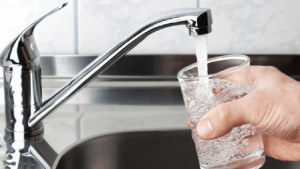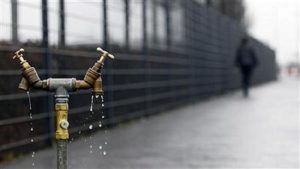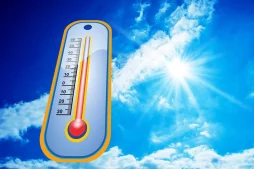The past two weeks have seen many Johannesburg residents without water amid a persistent heatwave. As officials scrambled for answers, Tshwane was also facing a risk of these water cuts. Over the past weekend, Rand Water had an emergency meeting with the City of Tshwane and other two Metros warning them that its water storage had plummeted below 30%.
And as a result, had to close some of its supply points in Pretoria. But the water utility says though consumption has increased, supply hasn’t reached breaking point.
Water and Sanitation Department spokesperson, Kamogelo Mogotsi says the shortages have propelled the City of Johannesburg to table a plan on how this is going to be dealt with. It involves refurbishing water infrastructure, upgrading and construction of new storage reservoirs as well as initiatives to mitigate non-revenue water. Water and Sanitation authorities have welcomed it.
“Minister Mchunu acknowledged efforts being made by the city’s water entity to deal with infrastructure backlogs and the various interventions they are implementing to deal with the current recurring water outages. Including the participation and the daily meetings together with the Department of Water and Sanitation, Rand Water and the other two entities,” says Mogotsi.
Executive Manager at Water Can OUTA Dr Ferrial Adam says poor service delivery has been going on for decades now and involves water, electricity and waste removal.
“In terms of water, our water is completely under pressure. And whether we are at the breaking point I am not sure, but I do think that we need to deal with our water as a crisis and as an urgent issue.”
The Water Research Commission says the country is at the crossroads, particularly with regards to service delivery. The Commission says the growing population and aging infrastructure are some of the challenges that need to be addressed if municipalities are to successfully service their communities.
“We also need to start to take note just an infrastructure approach to water but how do I engage with every household, every community, how do I change behaviours to say how do we use water less, how do I use it effectively and efficiently in my household. How are businesses enabled through incentives and bylaws to take on new innovation to use less water,” acting Group Executive Dr Valarie Naidoo explains.
Meanwhile, Rand Water says municipalities are requested to manage consumption and to communicate with their customers.






